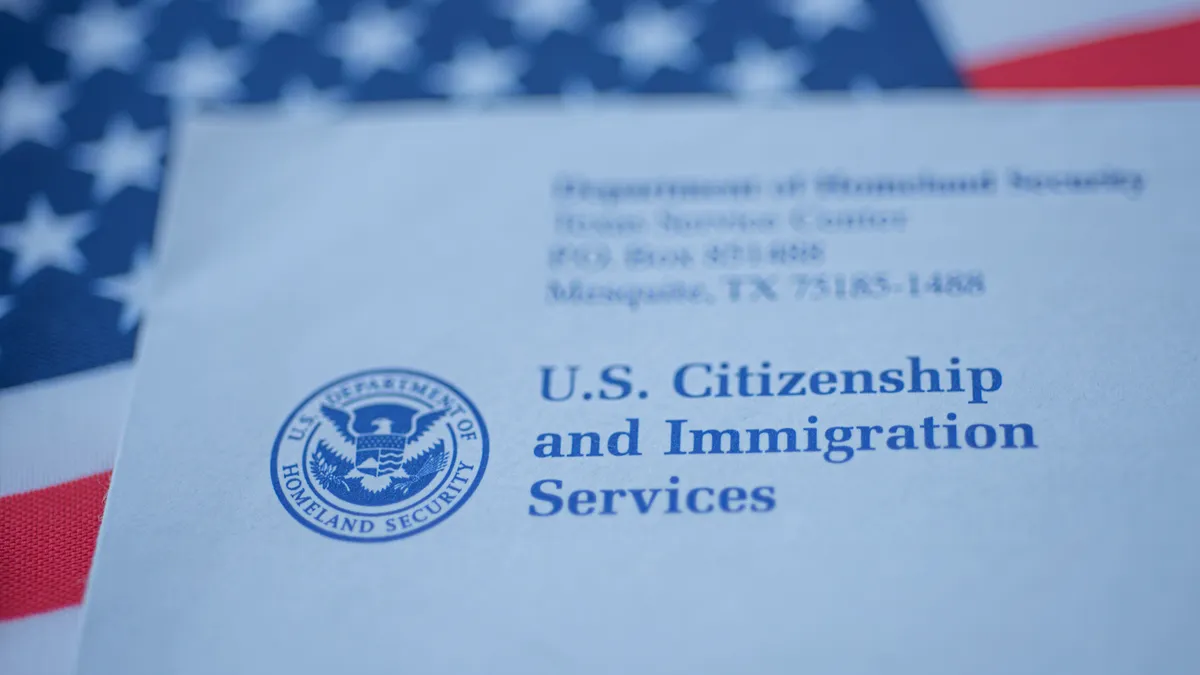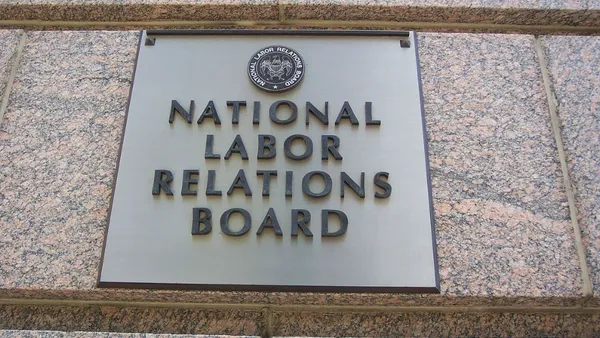Dive Brief:
- Amazon is paying its German warehouse workers bonuses worth 6% to 10% of their monthly wages for not using too many of their paid sick leave days, reports Quartz. The retail giant regards workers as team members who can earn the highest bonus percentage only if their fellow team members also keep their use of paid sick leave low.
- Germany requires employers to offer workers paid sick leave, says Quartz, and doesn’t require employees to have a physician’s note authorizing leave until they’re out three days.
- Although bonus policies aren’t uncommon in Germany, some labor experts say that basing it on team participation could violate the law.
Dive Insight:
The bonus plan has two built-in stopgaps that allow employers to get around the law and its dollar cost. The first stopgap is the bonus itself, which, as an incentive, discourages workers from using a benefit that’s legally theirs to use. The second stopgap is tying the bonus to team participation, which makes earning the bonus much more difficult.
This kind of bonus plan sends employees the message that while their employers are offering a much-needed benefit in paid sick leave, they would rather employees didn’t take it. If benefit offerings are supposed to reflect the culture, then this would be a confusing signal to employees.
Not having a robust paid sick leave policy leads to workers coming to work sick and spreading their sickness to other workers, potentially leading to massive productivity losses down the line. The flu alone causes employees to lose 111 million workdays and employers $7 billion in sick days and productivity losses a year, according to the Centers for Disease Control and Prevention. If an employer still doesn't want its employees to take sick leave, they should perhaps consider sponsoring preventive measures, like a flu shot program.














